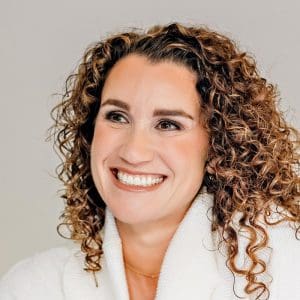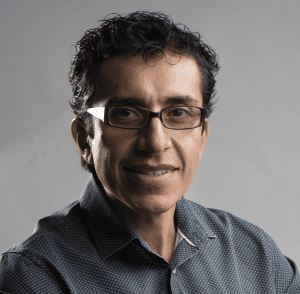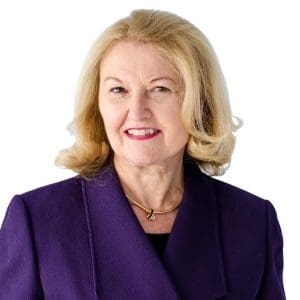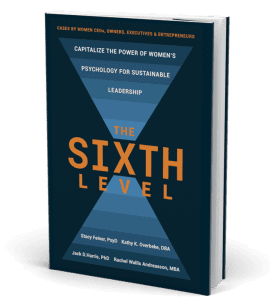Podcast
466: Reimagining the Modern Workplace
Summary What if work didn’t have to feel exhausting, overwhelming, or misaligned with who you [...]
465: Why Curiosity Is the Superpower of the Future
Summary: this episode of On the Brink, Andi Simon speaks with Allister Frost about what it [...]
464: Building Emotional Intelligence in an Age of AI
What Sets Humans Apart? Key lessons from my conversation with Dr. Robin Hills .As artificial [...]
463: Todd Nilson: Building Community That Actually Works (Online, Offline, and In Between)
Humans need connection—not as a luxury, but as a foundation for thriving. Yet, in our [...]
462: In the Age of AI, Your Name Is Your Most Valuable Asset
As artificial intelligence accelerates, many leaders, founders, and professionals are quietly asking the same question: [...]
461: Oscar Barrera — How Business Anthropology Helped A Sourdough Company Grow
Oscar Barrera — How Corporate Anthropology Helps Businesses Grow (Even When the Market Isn’t Ready [...]
460: Dr. Deborah Clary on Building a Culture of Curiosity at Work
“Curiosity isn’t a soft skill. It’s a performance capability—and organizations are paying the price for [...]
459: Finding Joy, Choice, and Control: A Conversation with Nicki Keohohou
“People aren’t broken,” she told me. “Our job is not to fix them. It’s to [...]
458: How Can Leaders Transform Their Mindset to Thrive?
“The first step to transformation is to stop doing what no longer works.” – Marcia [...]
457: How Can the Sixth Level Help Women Redefine Leadership?
What happens when two powerful women—one a psychologist devoted to leadership transformation and the [...]















